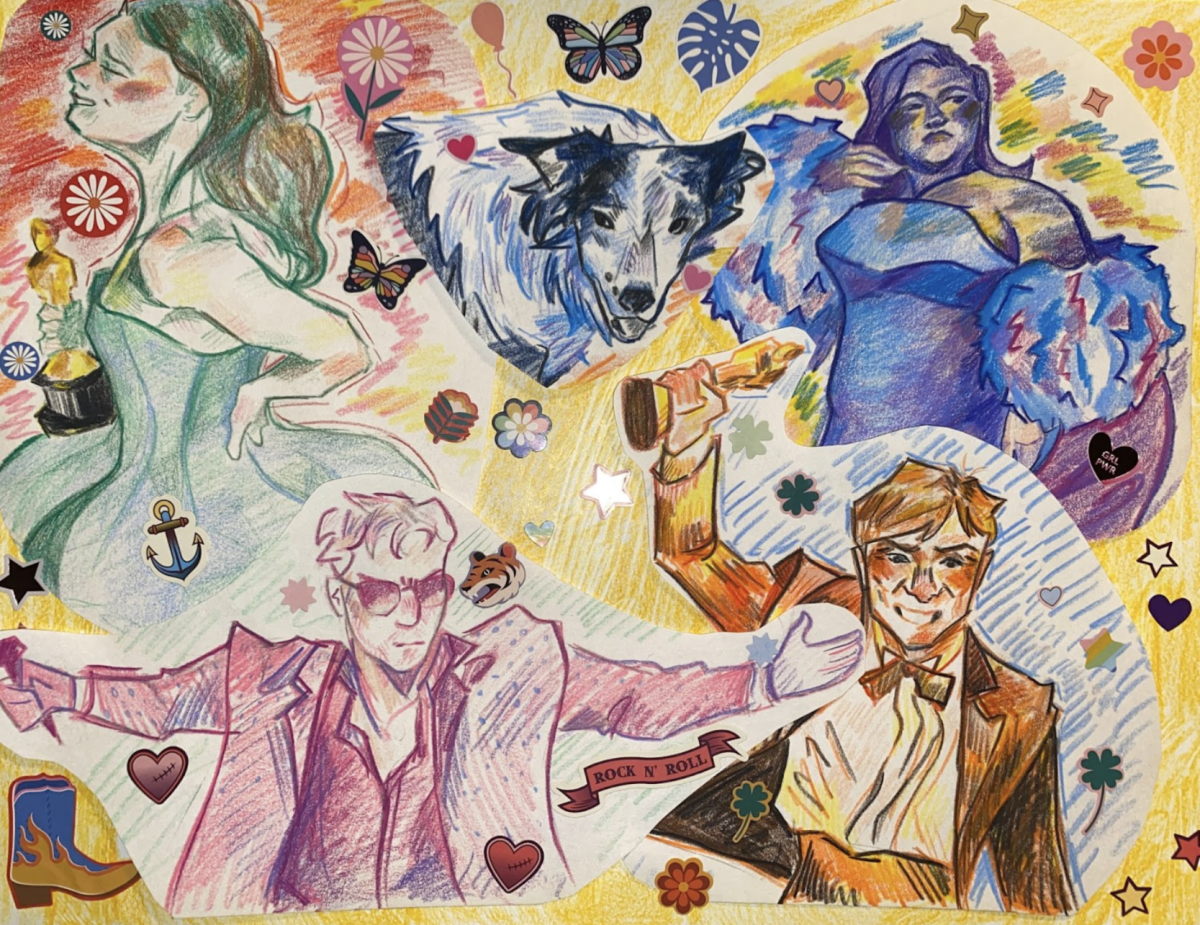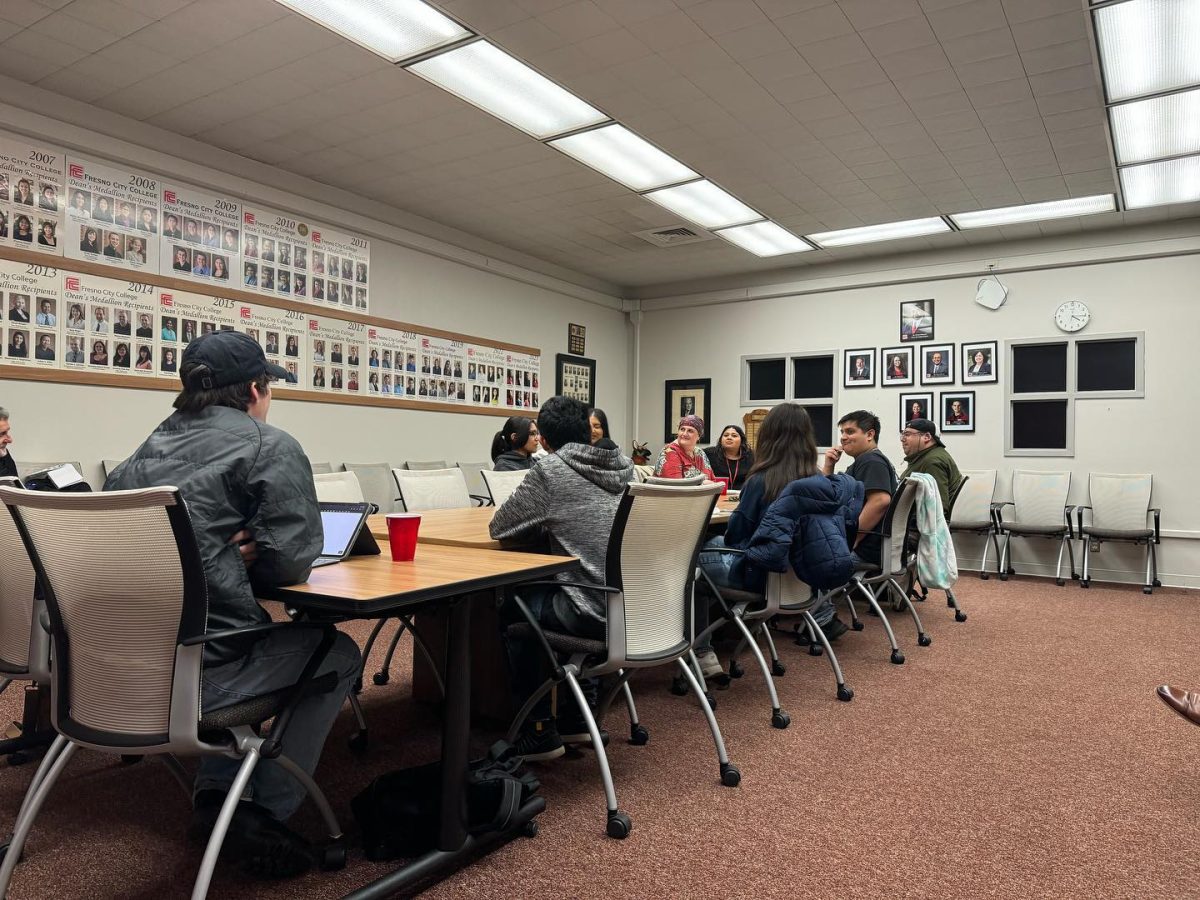Music has been a conduit for self-expression and causal confrontation since music was first used in religion and by troubadours. Troubadours originated in Europe during the middle ages. During that time they composed and performed Occitan poetry, a form of lyric poetry that can be seen in music across the ages.
Before secular music arrived, music was used for religious practices and observances. From hymns to ceremonial beatings of drums, music was first and foremost an expression of faith. The faith based musical styles quickly turned into folk music and blues.
Folk music, being an extension of folklore, brought about the tales and traditions of the underprivileged classes. It was a way for the people to pass the time and enjoy music while simultaneously telling their story both personally and as a community. Folk music had a heavy influence on the 1950s and the artists crossing that threshold.
The 50’s held icons that to this date inspire a sigh of reverence and a flashback to greatness. With talents such as Elvis Presley, Chuck Berry, and Frank Sinatra the 50’s was a prime example of how music, given the right exposure, can reach out to people. But has it changed?
There is a key difference between the ‘50s and the 1960s that lies in public history. There was a transition between the rigid focus of acceptability of the ‘50s to the relaxed feel of the ‘60s. The ‘60s held legends of their own as like of The Beatles, The Rolling Stones, Janis Joplin and Jimi Hendrix who made their marks in history. There was also surf rock as played by Dick Dale, the pioneer of the musical art form and later by The Beach Boys. Surf rock encompassed the use of a form of “wet” spring reverberations, used in Fender amplifiers.
Sliding into the 1970s, there was a shift in the music scene. With Led Zeppelin, Queen, The Eagles and Fleetwood Mac bursting in, there was little chance that music would ever be the same again. Freddy Mercury of Queen had an uncanny ability to reach out to fans and touch them with his music. Music of the ‘70s exploded with variations of Metal and Hip-Hop creating more of a melting pot.
With artists such as those setting the bar so high, the 1980s had a lot of work to do when it came to changing lives and identifying a generation. Even though the ‘70s held some great musicians, the ‘80s stepped up with talents such as Michael Jackson, Prince, Madonna, U2 and Van Halen.
The 1990’s happened to be a defining point for the young adult generation of today. Having been subject to the words and sound of Nirvana, Pearl Jam, Radiohead, 2Pac and R.E.M., the young adults of today have heard their voices being amplified in songs like “Smells Like Teen Spirit” and “Come As You Are”. Kurt Cobain spoke for the millions that could not voice their pain. With the difference in sound becoming more evident, the face of music changed yet again. There was no longer just Rock and Roll as it was in the ‘50s. The ‘90s opened up a gateway into the world we have now of Pop, Rock, Metal, Rhythm and Blues, Rap, Hip-Hop, Alternative and so much more. Certainly some of those were present before, but today there are many more options out there.
Finally we reach the 2000s where music fits no definition, no expectation and certainly no limit. Artists such as Eminem (Marshall Mathers), Coldplay, Outkast, The All-American Rejects and Slipknot have blasted their way into history as well. Riding up to current times, songs such as “Not Afraid” depict the change of Mathers’ life and how he rose up from the shadows of his problems and was “not afraid to take a stand”.
Furthermore, the recording industry and internet have changed the face of music and its availability altogether. What once had to be purchased in records stores can now be found online with a single click. Record labels are also using the internet as a means of discovery for their artists. Music and its industry lie literally at the fingertips of the public.
Music has changed from being a method of religious expression to a flood gate of opportunities. It is now the means of self-expression, social angst and discontent, a way to tell a story and much more. The change was brought on by changes in thought over the centuries. Many people began to see things differently and as history dictates, change is not seen easily. Music serves has a historical time stamp on the thoughts of the generations.






